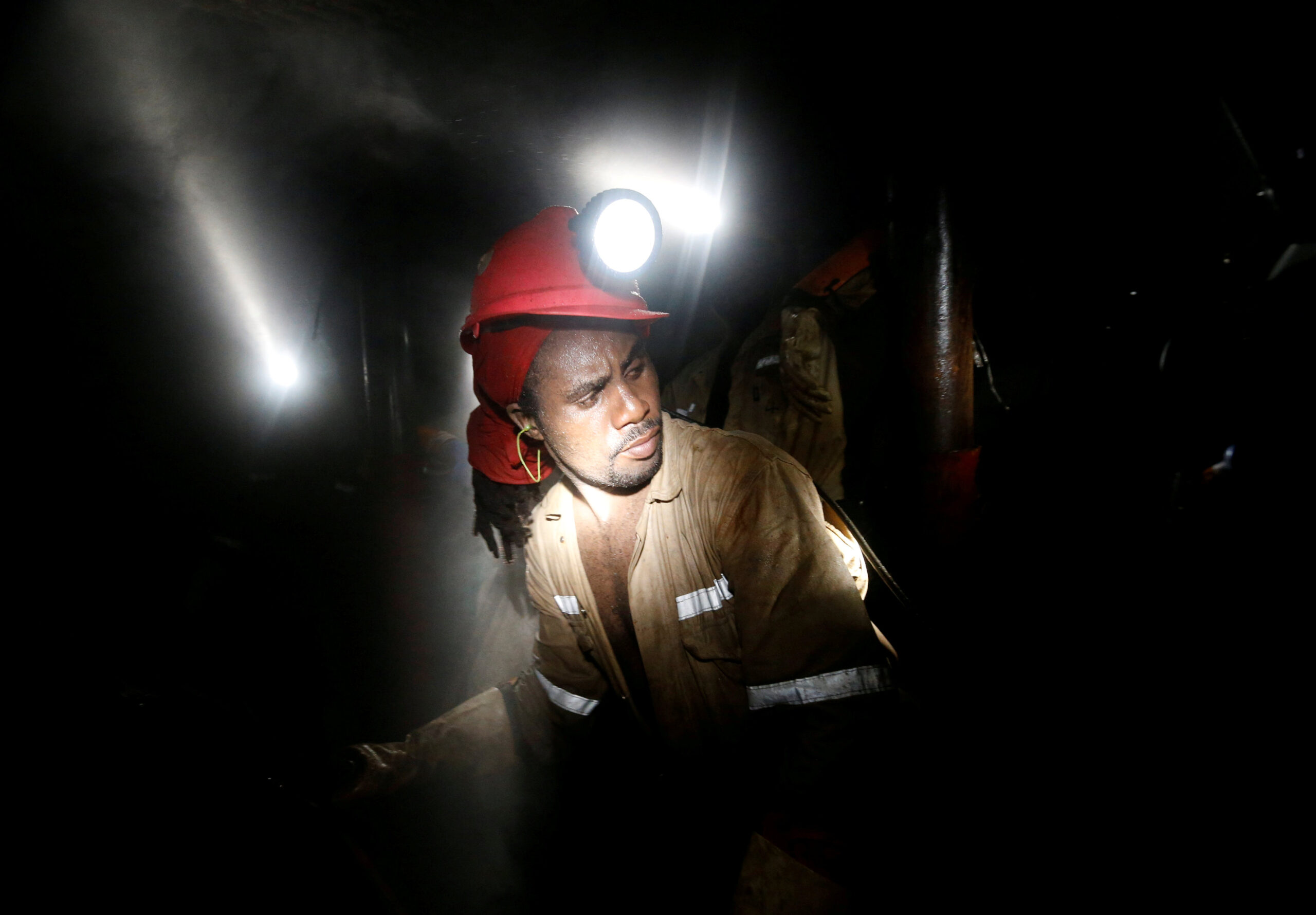
South Africa Minerals Council forecasts 90,000 job cuts on higher electricity costs
As many as 90,000 jobs in the mining sector could be lost in South Africa over the next three years owing to inflationary pressure from increases electricity prices.

According to the Minerals Council of South Africa, the sector is already dealing with ever increasing operating costs with the rise in electricity prices likely to negatively affect the industry.
The move is expected to especially hit gold and platinum mining companies.
“In total, as many as 90,222 jobs would be at risk solely as a result of the MYPD4 tariff increases granted by Eskom,” the Minerals Council South Africa said in a presentation.
In February, miner Sibanye-Stillwater said it planned to cut nearly 6,000 jobs in a restructuring of its gold mining operations, while Gold Fields said last year it could slash 1,100 jobs, and Impala Platinum plans to cut its workforce by a third.
Labour unions have threatened strikes over the job cuts at mining firms as well planned reductions at a numerous state-owned companies.
Job cuts are politically sensitive in Africa’s most industrialised economy where a quarter of the labour force is unemployed, while power outages and steep price increases by Eskom are set to hurt an already fragile growth outlook.
Energy regulator Nersa said in early March Eskom could hike tariffs by 9.41 percent in the 2019, 8.10 percent in 2020 and 5.2 percent in 2021, far less than Eskom’s request for increases above 15 percent in each of the three years.
The industry body said in its presentation that 71 percent of all gold mines and 65 percent of platinum mines were “loss-making or marginal” by the end of 2018, adding the power price hike would make the situation even worse.
Once the largest contributor to South Africa’s gross domestic product, mining has shrunk steadily over the last decade with hard-to-reach deposits, high wage settlements and uncertainty over ownership laws deterring investors against a backdrop of slack global demand.
Last week, Statistics South Africa data showed gold production contracted for the 15th month in a row, shrinking by 22.5 percent in January, while platinum output was up 8.8 percent in the same period.
“We see the Eskom crisis as not just a crisis but a potential disaster,” said Minerals Council chief executive Roger Baxter.






